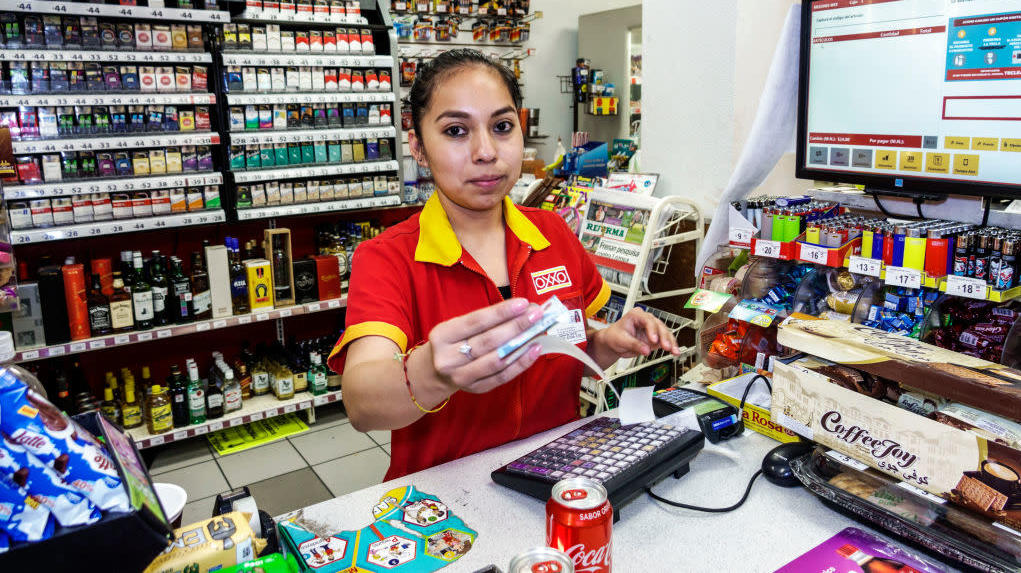Two Mexican States Ban The Sale Of Junk Food To Minors
Mexico has one of the highest rates of death by obesity in the world. Approximately one-third of children and adolescents are categorized as obese on the BMI scale. And since obesity—as well as obesity-related conditions like diabetes and hypertension—is connected to deaths from COVID-19, Mexican officials have decided now is the time to get vigilant.
Why is there such a high obesity rate in Mexico? Does it have anything to do with the fact that Mexicans consume more processed foods per capita than anybody else in Latin America? Possibly. So now the states of Oaxaca and Tabasco have decided to ban sales of junk food to minors under 18, and at least a dozen other states have similar bills in the works.
"I know it sounds drastic, but it was necessary to take action now," Magaly López Domínguez, the congresswoman who spearheaded the bill in Oaxaca, told NPR. Ana Larrañaga, a health policy lobbyist, points out that for years, Mexico allowed the food industry to self-regulate (former president Vicente Fox was once CEO of Coca-Cola Mexico) and the government imposed very weak nutritional standards. And like people everywhere who are short on money and time, Mexicans find it easier to grab cheap junk food than fresh produce.
Opposition to the new laws comes from small business owners, who complain that kids will keep eating junk food, but they'll buy it from unregulated street vendors instead, which will put even more of a strain on mom-and-pop stores that are already struggling because of the pandemic.
Will hungry Mexican kids start buying fruit instead of chips and candy from their local convenience stores? Will this actually drive the obesity rate down? Or will the kids start soliciting random adults to buy their junk food for them, along with booze and cigarettes? We'll have to wait and see.
